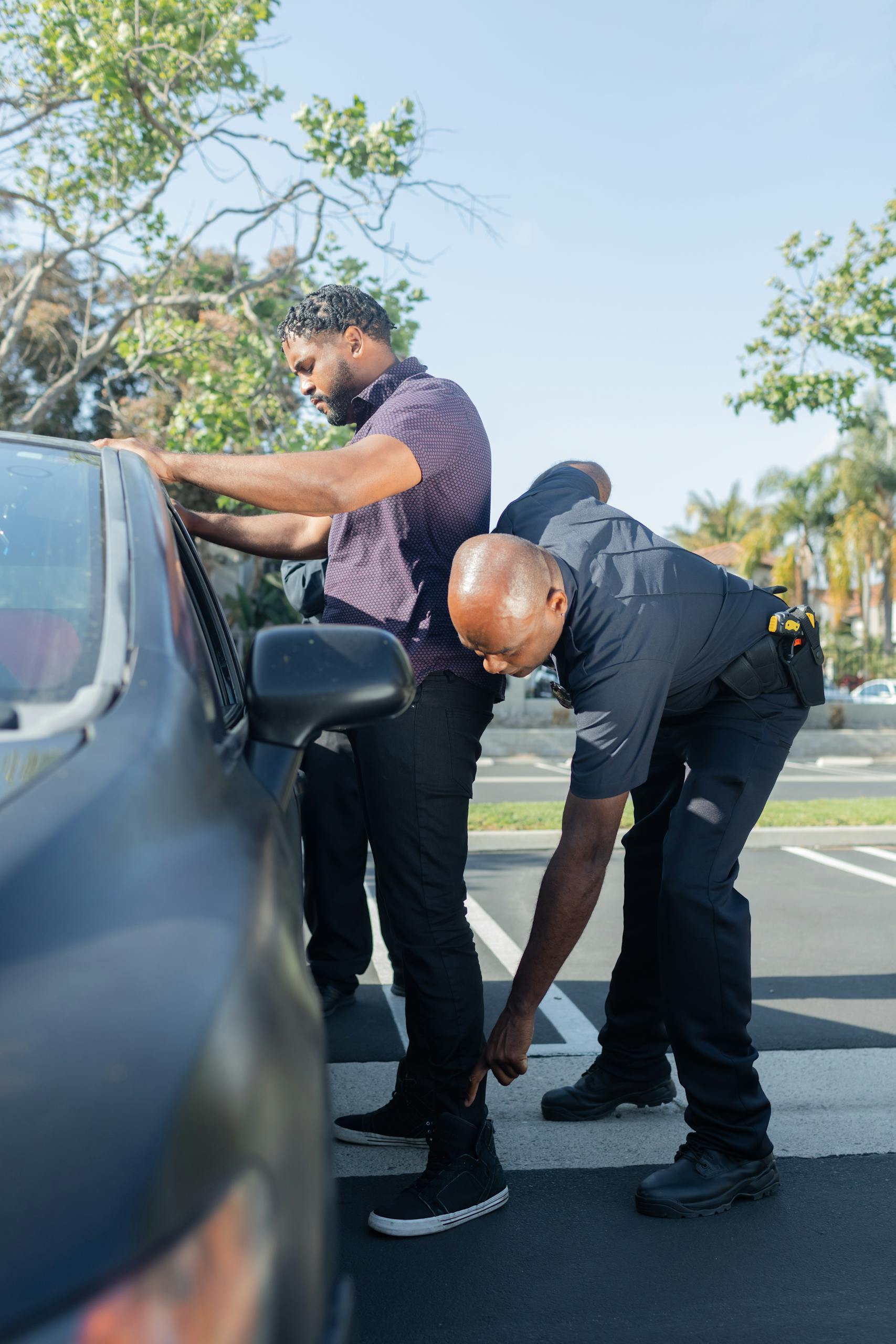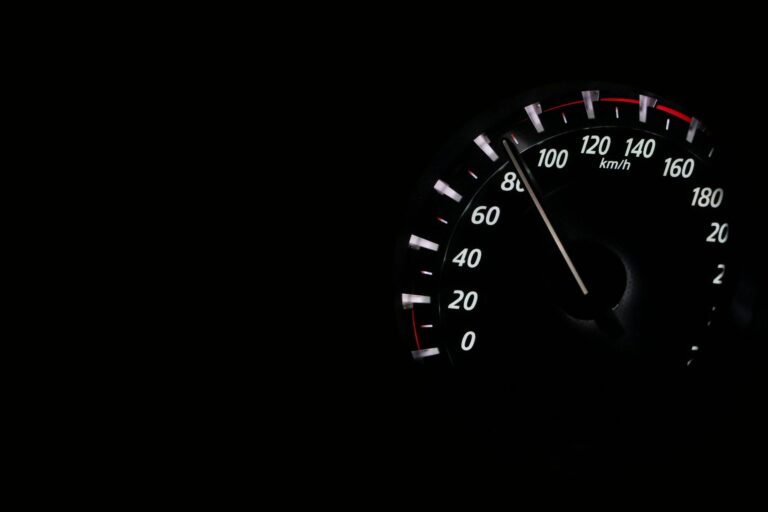Probable Cause and Search Warrants in Chicago: 3 Things to Know Before You’re Stopped
If you are stopped or your home is searched in Chicago, understanding your rights regarding search warrants and probable cause could make the difference in the outcome of your case. Every year, thousands of criminal cases in Cook County—especially those involving DUI, drugs, or firearms—turn on whether a search was conducted lawfully.
At Andy Sotiropoulos & Associates, we represent individuals charged in Chicago’s high-volume criminal courts and routinely challenge illegal searches that violate your constitutional rights. Whether it’s a car stop on the Kennedy Expressway or a residential search in the South Loop, the law gives you protections that are worth understanding before speaking to police or allowing access to your property.
What Is Probable Cause Under Illinois Law?
Probable cause is more than just suspicion. In the context of a search, it refers to facts that would lead a reasonable person to believe that evidence of a crime will be found in a specific place. Under the Illinois Code of Criminal Procedure, a search warrant may only be issued when probable cause is clearly established in writing and reviewed by a judge.
In Chicago, this process typically involves law enforcement preparing a sworn complaint—often based on observations, informants, or surveillance—that identifies the location to be searched and the items to be seized. That document is then presented to a judge sitting in the Cook County Circuit Court, often at the Richard J. Daley Center or one of Chicago’s branch courts.
Illinois law also allows private citizens, not just police officers, to request a search warrant if they submit a sworn statement under oath with sufficient facts. This provision, though rare in practice, exists under 725 ILCS 5/108-3 and is unique compared to many other states.
Warrantless Searches in Chicago: What the Police Can and Cannot Do
If you’re approached by Chicago police who ask for your consent to search, you have the right to refuse. Without a warrant or your voluntary consent, officers can only conduct a search under specific exceptions:
- Search incident to arrest: After a lawful arrest, police can search your person and immediate surroundings.
- Exigent circumstances: If officers believe someone is in danger or evidence is about to be destroyed, they may act without waiting for a warrant.
- Automobile exception: If probable cause exists to believe a car contains contraband, police may search it—even without a warrant.
- Plain view: Officers may seize items clearly visible from a lawful vantage point.
Even in Chicago’s busy court system, judges take these exceptions seriously. If your case involves any of these scenarios, your attorney may challenge the legality of the search through a motion to suppress.
What Is the Difference Between Probable Cause and Reasonable Suspicion?
Although they sound similar, these legal standards serve different purposes:
- Reasonable suspicion allows an officer to briefly stop and question you if they believe you’re engaged in criminal activity. It’s a lower standard than probable cause.
- Probable cause is necessary to obtain a search warrant or to justify a warrantless search under specific exceptions.
A DUI stop in Chicago, for example, might begin with reasonable suspicion based on erratic driving. If the officer then observes open alcohol containers or smells marijuana, that may give rise to probable cause—allowing a search of your vehicle without a warrant.
Chicago and the Smell of Marijuana: What Has Changed?
Since recreational marijuana was legalized in Illinois in 2020, courts have refined how odor factors into probable cause. In People v. Stribling, the Illinois Appellate Court held that the smell of raw cannabis alone no longer automatically justifies a vehicle search. In Chicago, law enforcement must now pair marijuana odor with other signs of impairment or criminal activity to justify further intrusion.
If you were searched in the city based solely on marijuana odor, there may be grounds to suppress the evidence—especially if you were not showing other signs of intoxication or unlawful possession.
Challenging Search Warrants in Cook County Criminal Court
Search warrants issued in Chicago must be based on a detailed, sworn affidavit. That document must:
- Describe the place to be searched
- Identify the items to be seized
- Provide facts supporting probable cause
At Andy Sotiropoulos & Associates, we routinely review search warrant affidavits for legal sufficiency. If the warrant is based on vague descriptions, stale information, or unreliable sources, we may be able to file a motion to suppress in the Cook County Circuit Court.
What Happens If You Interfere With a Search?
If Chicago police arrive at your home with a warrant, you should not resist or obstruct the search. However, you should:
- Ask to review the warrant
- Take note of what officers seize
- Politely decline to answer questions until you speak with your attorney
Even if a search is flawed, interfering in the moment may lead to additional charges. Instead, your legal team can challenge the warrant in court—where your rights can be properly defended.
Legal Procedures in Chicago’s Criminal Courts
Most criminal charges involving search warrants in Chicago are prosecuted in the Circuit Court of Cook County, primarily at:
- The Leighton Criminal Court Building at 26th and California
- The Daley Center downtown
- Branch courts on the North, South and West Sides
Search warrants are typically reviewed pretrial during motion hearings, where judges consider whether the evidence should be suppressed based on constitutional violations. Andy Sotiropoulos regularly appears in these hearings and understands the intricacies of each courthouse.
FAQ
Can Chicago police search my car without a warrant?
Yes, but only if they have probable cause. Examples include visible contraband, the smell of marijuana paired with other evidence, or signs of intoxication during a DUI stop.
Is consent to a search always valid?
Not necessarily. Consent must be freely and voluntarily given. If you were pressured or unclear on your rights, the court may deem the consent invalid.
Can I refuse a search request in Chicago?
Yes. If police do not have a warrant, you have the right to refuse a search. Always be polite and calm, but clearly state that you do not consent.
What if someone else consents to a search of my apartment?
Consent given by a roommate or guest may be valid only if that person has joint control over the area searched. If they don’t, the evidence could be suppressed.
What should I do if police present a search warrant?
Do not interfere. Ask to see the warrant, remain calm, and contact an attorney immediately. Let your legal team challenge the warrant later in court.
Take Action Now
If you were searched in Chicago and charged with DUI or another offense, do not assume the police acted lawfully. At Andy Sotiropoulos & Associates, we closely examine how evidence was obtained and whether your rights were violated. With decades of courtroom experience in Chicago, we know how to challenge flawed warrants and suppress illegal evidence.
Whether your case started with a traffic stop on Lake Shore Drive or a knock at your door in Humboldt Park, we can help. Contact our office today for a confidential case review. Let us fight to keep illegally obtained evidence out of court—and protect your freedom in the process.






